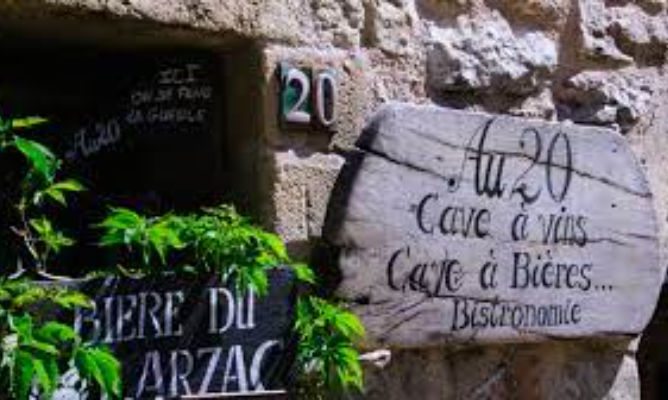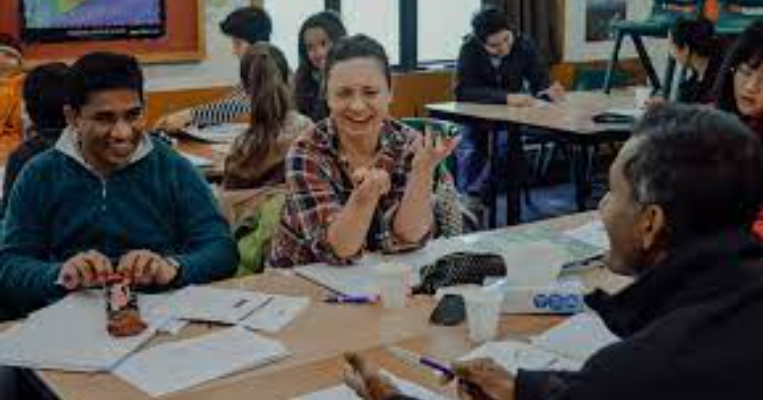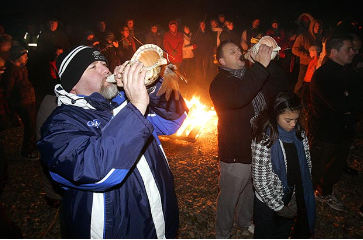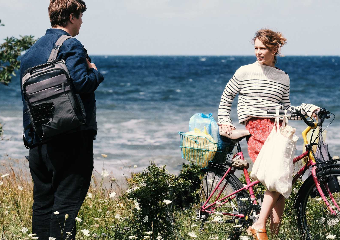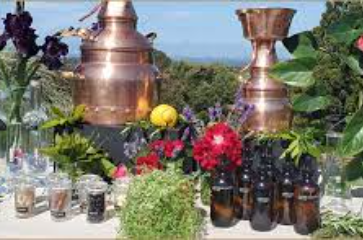Night school, evening classes, adult community education (ACE) – whatever you call it, people coming to their local secondary school after hours to learn together is a New Zealand tradition.
Maybe you are returning to learning, want to gain new skills and confidence, meet new people, keep mentally active, follow a particular passion or become more involved in your community – there are lots of reasons why people want to continue to learn. In this digital age, there’s a wide range of opportunities available for on-going study but getting together with a group of like-minded people to learn something new is hard to beat. Courses on a range of topics and a programme of $25 talks. Most courses are run at Wellington High School, but there are also courses running in community centres around Wellington – Churton Park, Johnsonville, Newlands & Karori.

